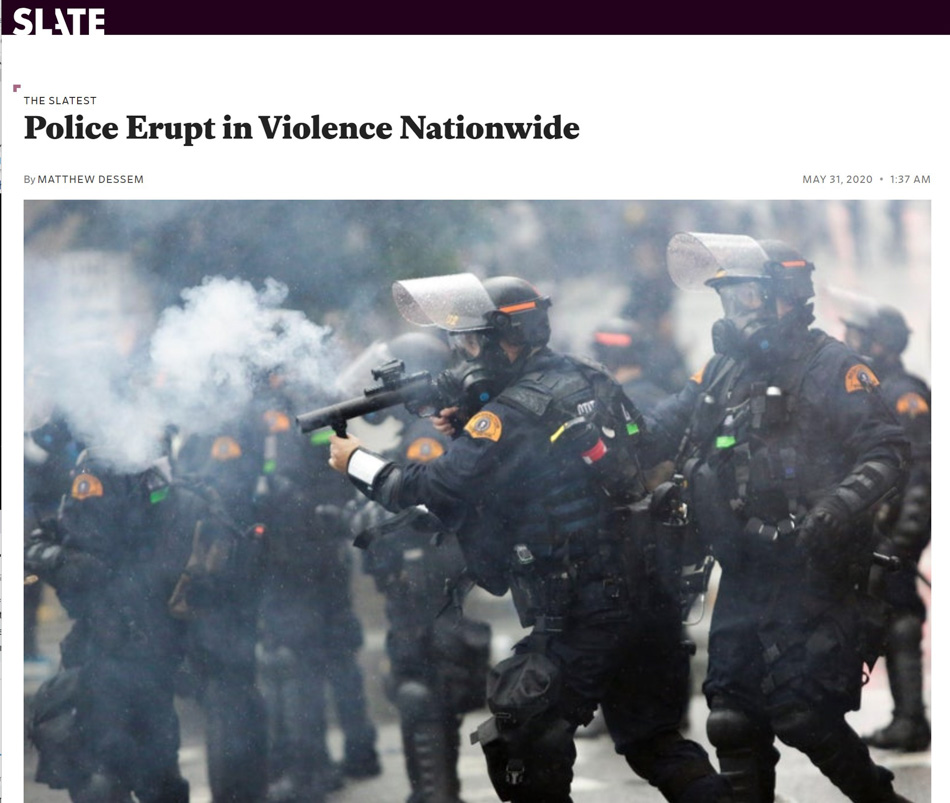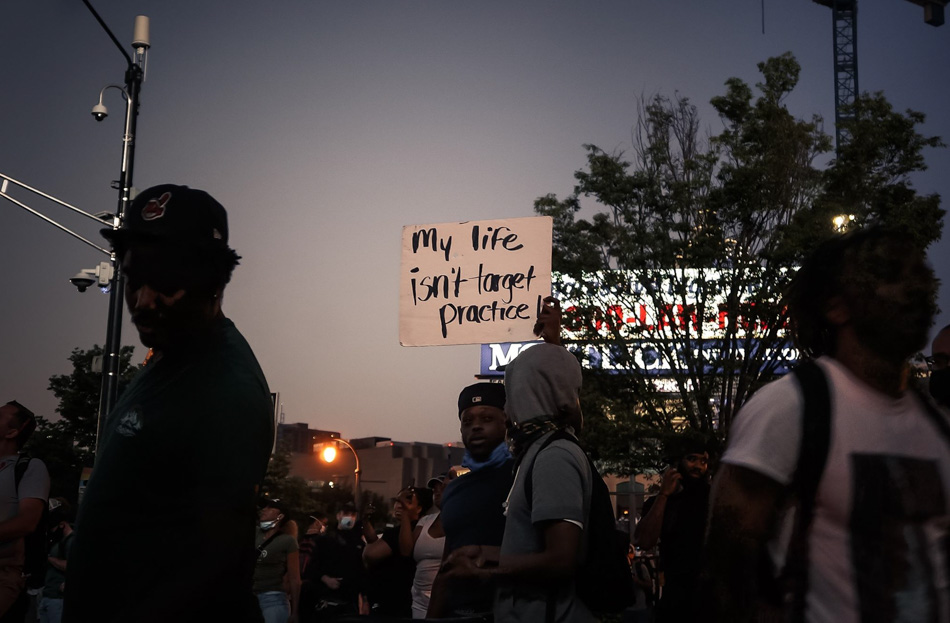
Most of our time is spent inside as the outside is growing progressively hotter. Then, all of sudden, just as we accommodate ourselves to the encroaching desert heat, it cools off. From October through mid-May, we can take multiple walks over the course of the day. For me, this amounts to between 5 and 7 one-mile-long strolls around the neighborhood where I find little treasures such as a cactus that’s been in bloom for weeks like this one above. By January, my first and last walks are in the dark, and sometimes even two of my miles in the evening are during the night. Here in June, it becomes increasingly more difficult to avoid the sun and so a shift in routine is required.

We wake between 4:45 and 5:00 in the morning and try to get out on a 3-mile walk as soon as possible so we can beat the sun before it peaks over the horizon. These rare days when the morning temp is in the low 70s have been great, but when it’s over 80 or worse, 90 with the sun glaring down on us, our walks become a struggle. Even though it might be tough, we still try to hoof out a few miles, knowing that between 8:00 a.m. and 6:00 p.m., it’s near impossible to endure the heat and blistering sun of the mid-day.
Even though it might be seriously uncomfortable, I still find myself taking time to stare at a cactus, watch the bees pollinating its blossoms, or a woodpecker perched high above on one of its arms, contemplating its next move. I don’t know that I ever considered the benefit of the saguaro’s arms in casting shadows or how the ribs of this cactus also create shade that probably helps cool this giant of the desert. Even its needles make sense when, on a windy afternoon, I listen to the thrush of air whipping around the saguaro, and the hissing sound from thousands of needles makes me wonder if they contribute to turbulence over the surface of the cactus and thus help keep it cooler?
Come to think about the gnarled and deep bark on the mesquite trees, how much shade and surface evaporation area does it allow so this nearly black tree doesn’t boil in the noon-day sun? Along the path of our walks, we pass many ants and lizards, but it is with curiosity we look at the ants moving slow as molasses when the temperature is barely 70 degrees while at 100, they move with purpose and bolt over the frying pan of earth. While there was still a chill in the air, the birds would sing all day; now, as we are effectively already in summer, the birds take refuge, and their song remains quiet while shadows are at their smallest.

Still, we must go outside as there’s too much to miss, such as a frequency of spectacular sunsets that we’ve not seen anywhere else, though the Oregon Coast, when conditions are right, can astonish the most jaded sunset watcher. Arizona is approaching monsoon season, and while the last years feel like they’ve been dry, the buildup of clouds can lay a foundation for light shows that force many a person from their car to try and grab a shot to send to skeptical friends and family who live in sunset deprived locations. Then again, maybe the sunsets are beautiful everywhere but people forget that they really do need to get outside.






